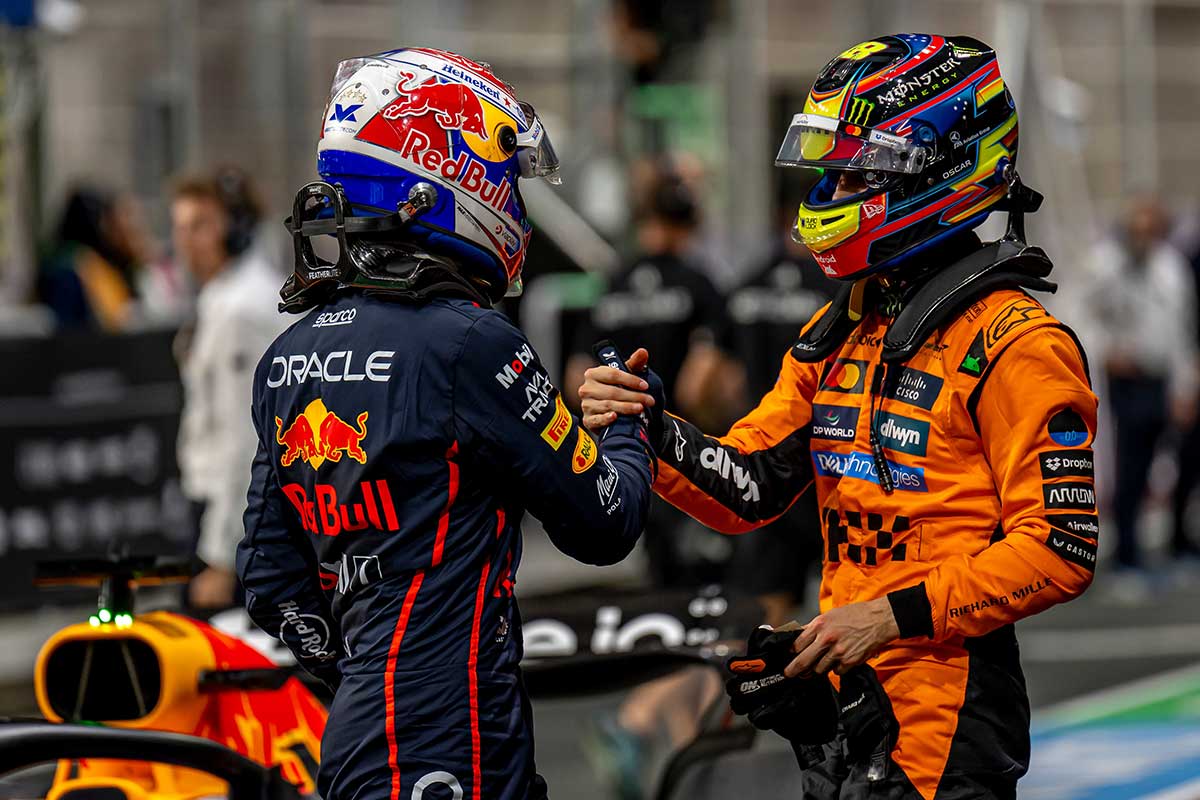Saudi Arabia Drives Middle East Push Into $600bn Global Sports Market: Report

Saudi Arabia is spearheading the Middle East’s emergence as a global sports powerhouse, backed by large-scale investment, major event hosting and rapid growth in digital sectors, according to a new report by global consultancy Kearney.
The report, titled From Passion to Profit: Unlocking Value in Sports, projects the global sports market will exceed $600 billion by 2030. It identifies the Middle East as playing a pivotal role in shaping the future of the industry, citing policy reforms, infrastructure spending and a strong push into esports as core drivers of the region’s influence.
Saudi Arabia has allocated $38 billion to become a global centre for gaming and esports, while also advancing broader development of sports infrastructure and event management under its Vision 2030 economic diversification strategy.
“The region is innovating at scale: from Riyadh’s Sports Boulevard and Qatar’s integrated World Cup infrastructure to the UAE’s growing ecosystem of digital fan platforms,” said Mohamed Hashem, Partner and Sports Lead for the Middle East and Africa at Kearney.
“Rather than replicating Western models, countries across the region are testing new frameworks that align sport with broader economic and societal ambitions.”
Middle East’s rise in global sports
The report highlights the transformation taking place across the region, with the UAE, Qatar and Bahrain also playing significant roles through investment in elite talent development, digital platforms, and hosting of global sporting events.
The Middle East has strengthened its position on the global sports calendar in recent years by hosting a range of high-profile competitions. These include the FIFA World Cup in Qatar, the Bahrain Grand Prix, the Dubai Tennis Championships, and the upcoming Olympic Esports Games set to take place in Saudi Arabia.
According to Kearney, these events reflect more than just regional ambition. They are part of a coordinated strategy to integrate sports into long-term economic planning, drive tourism, and increase international visibility.
Infrastructure development is accelerating in parallel. Governments across the Middle East are investing in next-generation stadiums, high-performance training academies and integrated digital ecosystems to support long-term growth in the sector.
In the UAE, the sports ecosystem continues to expand, with Dubai recently confirmed as the host of the inaugural World Sports Summit in December 2025. The event was announced by Sheikh Hamdan bin Mohammed, Crown Prince of Dubai, and is expected to further elevate the region’s standing in global sports discourse.
Kearney’s report also highlighted the role of digital-native sectors, with esports identified as a major area of opportunity. Saudi Arabia’s $38 billion commitment to developing a world-leading gaming sector is seen as emblematic of the broader shift toward younger audiences, digital engagement, and immersive experiences.
This youth-centric focus is being echoed in fan engagement strategies across the region, with a growing emphasis on streaming, personalised content and interactive platforms.
Women’s participation in sports is also growing. New professional women’s football leagues have launched in Saudi Arabia, the UAE and Qatar, while community-level initiatives are expanding access and inclusion. In Saudi Arabia alone, female sports participation has increased by 150 per cent since the introduction of Vision 2030.
Kearney’s report identifies five key growth levers for organisations aiming to capture greater value in the sports sector. These include commercial excellence—across media rights, sponsorship, matchday revenue, merchandise, and talent monetisation—alongside fan engagement and insights, platform expansion, technology-driven innovation, and operational efficiency.
“Free from legacy constraints,” Hashem said, “the Middle East is well positioned to develop sports models that align with its economic and social priorities.”
The report concludes that the region’s blend of financial commitment, strategic planning, and openness to innovation is allowing it to play an increasingly central role in global sports. The shift is not only contributing to economic diversification in Gulf countries but also reshaping how sports are structured, monetised, and experienced worldwide.
NEOM: Saudi Arabia Postpones 2029 Asian Winter Games
Saudi Arabia and the Olympic Council of Asia have agreed to postpone the 2029 Asian Winter Games planned to take place ... Read more
NBA Deepens Its Ties With Abu Dhabi With A Long-term Agreement Renewal
A multi-year extension of the deal will include the creation of an NBA Global Academy in the UAE capital, and the hosti... Read more
McIlroy Eyes Fifth Title In 20th Anniversary Of Playing The Hero Dubai Desert Classic
“It’s a lot of great memories in Dubai. I’ve met great people along the way. Honestly, I’ve always felt like it... Read more
UAE Team Emirates XRG Partners With Sleep Tech Firm Eight Sleep Ahead Of 2026 Season
The partnership will be rolled out during pre-season testing and extend across the 2026 racing calendar, covering both ... Read more
Esports World Cup 2026 Unveils $75m Prize Pool And Full Competition Lineup
The world’s largest esports event returns to Riyadh this summer The post Esports World Cup 2026 unveils $75m prize po... Read more
Emirates Tees Up Six-year Return To Dubai Desert Classic
Dubai-based carrier Emirates renews long-running partnership with the Middle East’s oldest golf tournament The post E... Read more

